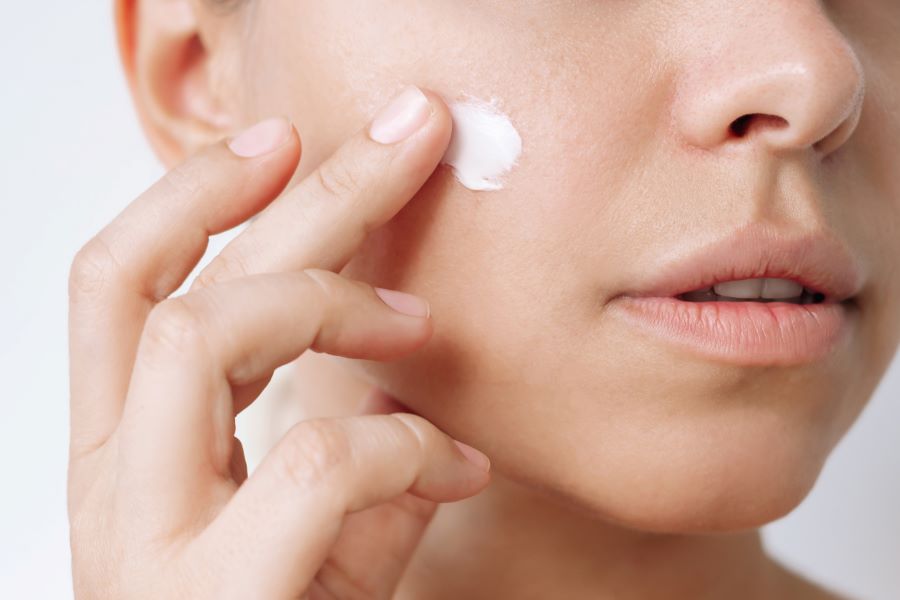Practical Guide to Choosing Male Enhancements Safely and Responsibly
Male enhancement products have become increasingly prevalent in today's market, with countless options promising improved performance and confidence. However, navigating this landscape requires careful consideration of safety, efficacy, and individual health needs.

This article is for informational purposes only and should not be considered medical advice. Please consult a qualified healthcare professional for personalized guidance and treatment.
Male enhancement products have become increasingly prominent in wellness and health markets worldwide. With countless advertisements promising dramatic results, it becomes crucial to separate fact from fiction and prioritize safety over sensational claims. Making informed choices requires understanding what options exist, how to assess their validity, what risks they may carry, and when professional medical input becomes essential.
What Are the Types of Male Enhancement Options?
Male enhancement products come in various forms, each claiming different mechanisms and benefits. Oral supplements represent one of the most common categories, typically containing herbal ingredients, vitamins, or amino acids marketed to support sexual function. These over-the-counter products often feature ingredients like L-arginine, ginseng, maca root, or horny goat weed.
Topical products such as creams, gels, and oils claim to work through direct application, promising temporary effects on blood flow or sensitivity. Mechanical devices including pumps and rings offer non-pharmaceutical approaches, working through physical mechanisms to facilitate function.
Prescription medications represent the most clinically studied category, with established drugs designed to treat specific conditions under medical supervision. Finally, surgical and procedural interventions exist for particular medical cases, though these carry higher risks and costs.
How Can You Assess Evidence and Product Claims?
Evaluating product claims requires critical thinking and research skills. Start by examining whether clinical studies support the advertised benefits. Reputable products reference peer-reviewed research published in recognized medical journals. Be cautious of vague claims like proprietary blends that hide actual ingredient amounts or studies conducted only by the manufacturer without independent verification.
Check for regulatory oversight. In many countries, supplements face less stringent approval processes than prescription drugs, meaning manufacturers bear responsibility for safety and accuracy claims. Look for products that have undergone third-party testing for purity and potency.
Realistic expectations matter significantly. Products promising overnight transformations or permanent results without medical intervention should raise immediate skepticism. Genuine improvements typically occur gradually and may vary considerably between individuals. Customer reviews can provide insights, but remain aware that testimonials may be curated or incentivized.
What Are the Safety Considerations?
Safety should always take priority when considering any enhancement product. Undisclosed ingredients pose serious risks, particularly in products purchased from unregulated online sources. Some supplements have been found to contain hidden pharmaceutical ingredients, including prescription drug compounds not listed on labels.
Potential side effects vary by product type but may include headaches, digestive issues, blood pressure changes, or allergic reactions. Interactions with existing medications represent another concern, especially for individuals taking blood thinners, blood pressure medications, or nitrates for heart conditions.
Quality control varies significantly across manufacturers. Products lacking proper manufacturing standards may contain contaminants, incorrect dosages, or entirely different ingredients than advertised. Purchasing from reputable sources with transparent manufacturing practices reduces these risks.
Psychological impacts also deserve consideration. Dependency on enhancement products can affect self-confidence and relationship dynamics. Unrealistic expectations fostered by misleading marketing may lead to disappointment or risky behavior such as exceeding recommended dosages.
When Should You Consult a Healthcare Professional for Evaluation and Personalized Advice?
Professional medical consultation becomes essential in several scenarios. If experiencing persistent difficulties with sexual function, underlying health conditions may require diagnosis and treatment. Conditions like cardiovascular disease, diabetes, hormonal imbalances, or psychological factors often contribute to these concerns and need proper medical attention.
Before starting any enhancement product, especially if you have existing health conditions or take regular medications, consulting a healthcare provider helps identify potential risks. Medical professionals can evaluate whether symptoms indicate treatable conditions and recommend evidence-based interventions.
Healthcare providers offer personalized assessments considering your complete health history, current medications, and specific concerns. They can distinguish between products with legitimate support and those making unfounded claims. For individuals with serious underlying conditions, prescription medications or other medical interventions may provide safer and more effective solutions than over-the-counter alternatives.
Regular check-ups become particularly important if using any enhancement products long-term, ensuring no adverse effects develop and that overall health remains stable.
Conclusion
Choosing male enhancement options responsibly requires balancing hope with skepticism, desire with safety, and marketing claims with scientific evidence. Understanding the variety of available products, critically evaluating their supporting evidence, recognizing potential safety concerns, and knowing when to seek professional guidance form the foundation of informed decision-making. Prioritizing health and well-being over quick fixes ensures that any choices made support long-term wellness rather than creating new problems. Remember that sexual health connects deeply with overall physical and mental health, making comprehensive care and honest professional dialogue invaluable components of any enhancement strategy.




